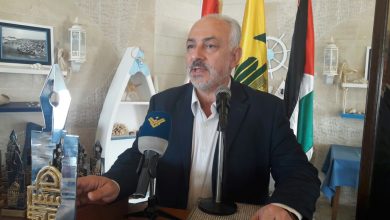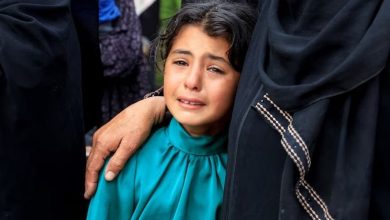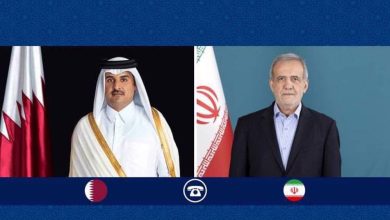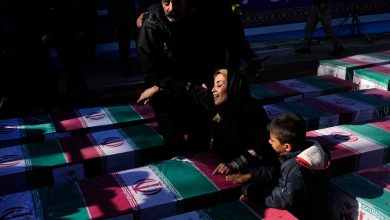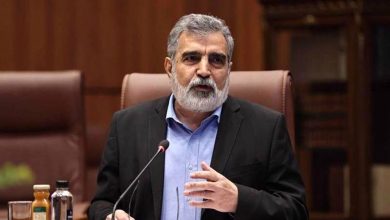Lebanon’s Aoun Urges U.S. Intervention to Stop Zionist ‘israeli’ Aggressions and Ceasefire Breaches
Lebanese President Joseph Aoun has urged the United States to intensify pressure on Israel to stop its assaults on the Arab country and to end its repeated breaches of a ceasefire agreement that has been in place for over four months.
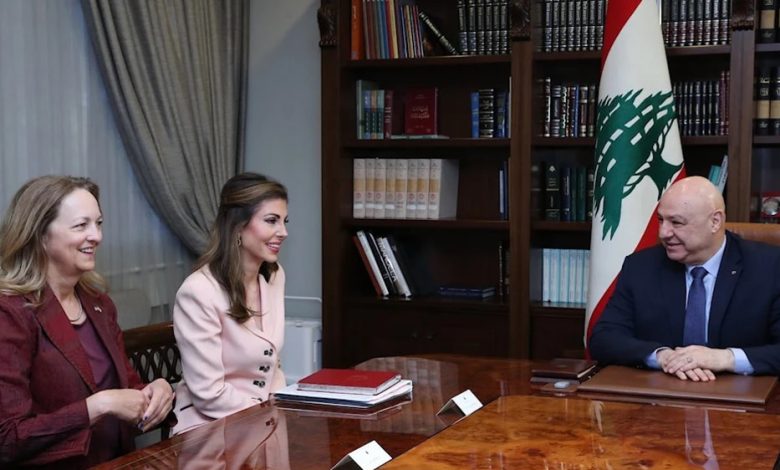
In a meeting held at the Presidential Palace in Baabda on Saturday, Aoun issued an appeal while hosting the visiting US Deputy Special Envoy to the Middle East, Morgan Ortagus.
The Lebanese president underscored Lebanon’s steadfast commitment to the ceasefire agreement, while highlighting that the Tel Aviv regime continues its breaches, leading to the loss of dozens of lives and leaving hundreds injured.
Following nearly 14 months of intense conflict resulting in significant losses and unmet objectives in its offensive against Lebanon, Israel has consented to a ceasefire with Hezbollah. This ceasefire took effect on November 27.
Since the establishment of the agreement, occupying forces have launched a series of attacks on Lebanon, contravening the ceasefire through airstrikes across the Arab nation.
On January 27, Lebanon announced its intention to extend the ceasefire with Israel until February 18.
Even though the February 18 deadline has elapsed, Israel continues to maintain its hold on five strategically important regions in southern Lebanon. These areas, encompassing Labbouneh, Mount Blat, Owayda Hill, Aaziyyeh, and Hammamis Hill, are situated close to the border.
Lebanon’s Presidency has reported that Aoun and Ortagus engaged in discussions on significant regional and domestic matters. Their talks covered the current situation in southern Lebanon, the activities of the international committee overseeing the ceasefire agreement with Israel, and the withdrawal of Israeli forces.
The discussions further explored the security dynamics along the Lebanon-Syria frontier, as well as collaborative initiatives between the two nations. Additionally, focus was placed on financial and economic reforms, and the Lebanese government’s ongoing commitment to combating corruption.
The meeting was reportedly characterized by a positive and constructive atmosphere.
Ortagus subsequently engaged in discussions with Lebanese Prime Minister Nawaf Salam and convened with Parliament Speaker Nabih Berri later that day.



